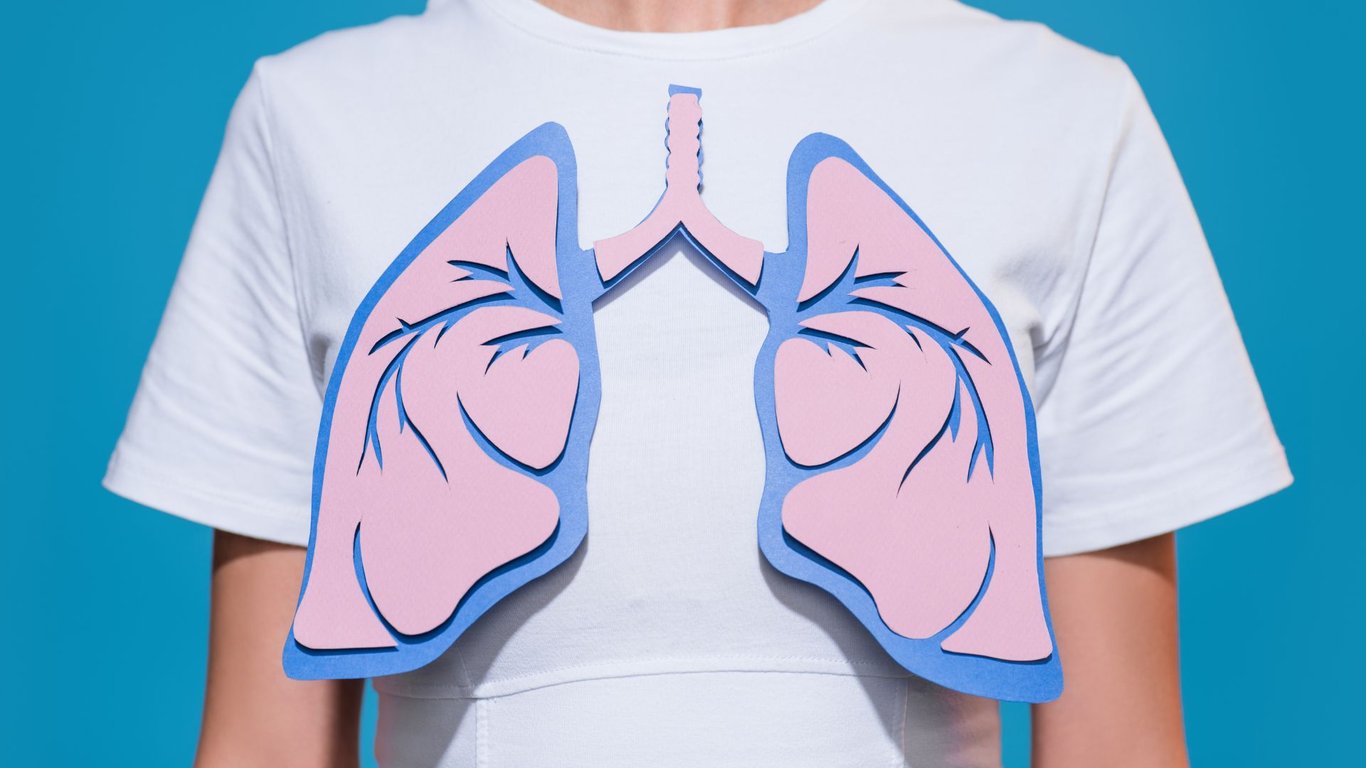As vaping has become mainstream, vapers and others have wondered: Can vaping cause lung cancer? The uncertainty around it is based mainly on the fact that there aren’t definitive studies that give vapers a clear picture on its health impacts. We’ll break down what science knows so far, review the risks, and help you make sense of any connections there may be between lung cancer and vaping.
How the Lungs Work & Why They’re Sensitive
The lungs branch out much like a tree. Those lead to millions of tiny air sacs that help carry oxygen into your bloodstream and carry out carbon dioxide. The thin walls of these sacs work fine for gas exchange, but they don’t react well when they’re exposed to harmful substances.
Think of everything you inhale; there are pollutants everywhere. These can irritate or damage the lungs. The air sacs are constantly exposed to irritation from all the particles and chemicals that stress the lung’s delicate lining. Over time, this repeated exposure puts people at risk for scarring, reduced lung function, or worse.
What’s Inside Vape Aerosol?
Some early ads suggested, with vapes, all you did was breathe in water vapor. Actually, vape aerosol is a mix of several ingredients, each with its own potential effects:
- Nicotine: The addictive component, just like in cigarettes. It’s not a carcinogen, but it can affect heart rate and blood vessels.
- Propylene glycol (PG) and vegetable glycerin (VG): These liquids create the vapor cloud. They’re generally safe in food, but inhaling them after they’re heated is less studied.
- Flavorings: Chemicals that give vapes their appealing tastes, like vanilla or mango. Some, like diacetyl, have been linked to a serious condition called “popcorn lung.” This is a serious, irreversible lung disease that can scar and narrow the lungs’ airways.
- Trace metals: Tiny amounts of metals like nickel, chromium, or lead can leach from the device’s heating coil into the aerosol.
While there may be some risks attributable to vaping, compare this to cigarette smoke; which contains over 7,000 chemicals. All the tar, carbon monoxide, arsenic, and dozens of known carcinogens that cigarettes contain through burning tobacco have been well-documented.
What the Research Says About Vaping and Lung Cancer
If you’ve been digging for research, it’s starting to take shape, but more needs to be done to give us a full picture on long-term vape effects. Does vaping harm lungs? There's no solid proof, yet, that vaping leads to lung cancer. What does science tell us so far? Journals like Thorax show that vaping can cause inflammation, oxidative stress, and changes in lung cells.
Do the CDC and WHO give any insights about how vapes interact with lung tissue? The CDC has noted that vape liquids contain multiple chemicals, some of which may contribute to vape cancer risk. The World Health Organization (WHO) discusses potential lung issues relating to vapes, but mentions more long-term studies are needed.
Is Vaping Safer Than Smoking Cigarettes?
So, is vaping safer than smoking? It doesn’t involve nearly as many unsafe chemical risks, but the long-term effects are still being discovered. In 2015, Public Health England made headlines by claiming vaping is “95% safer” than smoking, based on the fact that e-cigarettes skip combustion and many of tobacco’s worst toxins. That number’s been debated; right now, we know that vaping exposes you to fewer known carcinogens.
Vaping is more of a harm reduction tool; a stepping stone to quitting. Here’s a quick comparison:
- Cigarettes: Thousands of chemicals, including 70+ carcinogens like tar and arsenic.
- Vaping: Nicotine, PG/VG, flavorings, and maybe some formaldehyde in dry puff situations.
- Risk: Smoking’s a proven cause of lung cancer; vaping’s long-term risks are still under study.
Who Is Most at Risk from Vaping?
Certain groups face higher risks:
- Teens and young adults: Their lungs are still developing, so any damage could have lasting effects.
- People with lung conditions: If you have asthma, COPD, or other respiratory issues, vaping can worsen symptoms or trigger attacks.
- Heavy vapers: Using high-nicotine liquids or vaping all day ramps up exposure to potential toxins.
These groups may wish to discuss their risk factors with their healthcare providers.
Final Verdict: Can Vaping Cause Lung Cancer?
So, can you get lung cancer from vaping? Right now, there’s no direct link proven by science. Vaping is safer than smoking, but it’s not a free pass. To vape smarter, you may wish to stick to moderation and quality products. Avoid black-market vapes and try these tips to reduce risks:
- Choose regulated products: Opt for FDA-compliant devices and liquids from reputable brands.
- Don’t overdo it: Limit vaping sessions; avoid high-wattage settings.
- Stay updated: Watch for research as it emerges.
Vaping Smarter Can Reduce Risks
Vaping’s risks are real, even if they’re not fully mapped out. Responsible vaping means picking lab-tested, FDA-compliant products, using them judiciously, and staying aware of new findings.
If you like vaping, check out all that iLoveEcigs.com offers:
- Top-quality e-cigarette starter kits
- Trusted nicotine cartridge refills
- Safer alternative to smoking backed by brand reputation
- A supportive platform for quitting or reducing tobacco
Buy trusted brands like Logic, Jinx, Juul, Blu and Vuse on I Love Ecigs’ site. View our product line for a great vapes selection!
FAQ
- Has anyone gotten lung cancer from vaping? No definitive cases link vaping directly to lung cancer due to limited long-term data. Solid evidence is still yet to emerge.
- How is vape smoke different from cigarette smoke? Vape aerosol contains nicotine (there are nicotine-free varieties, too), propylene glycol, and flavorings, with fewer toxins than cigarette smoke.
- What’s the safest way to vape? Use FDA-compliant, lab-tested products. Go with reputable brands and avoid high-wattage settings. Avoid black-market vapes.
- Can nicotine-free vapes still damage your lungs? Nicotine-free vapes can irritate lungs due to propylene glycol and flavorings. Long-term effects are unclear.
- Is long-term vaping better than occasional smoking? Long-term vaping likely exposes you to fewer carcinogens than occasional smoking. Both carry risks.














